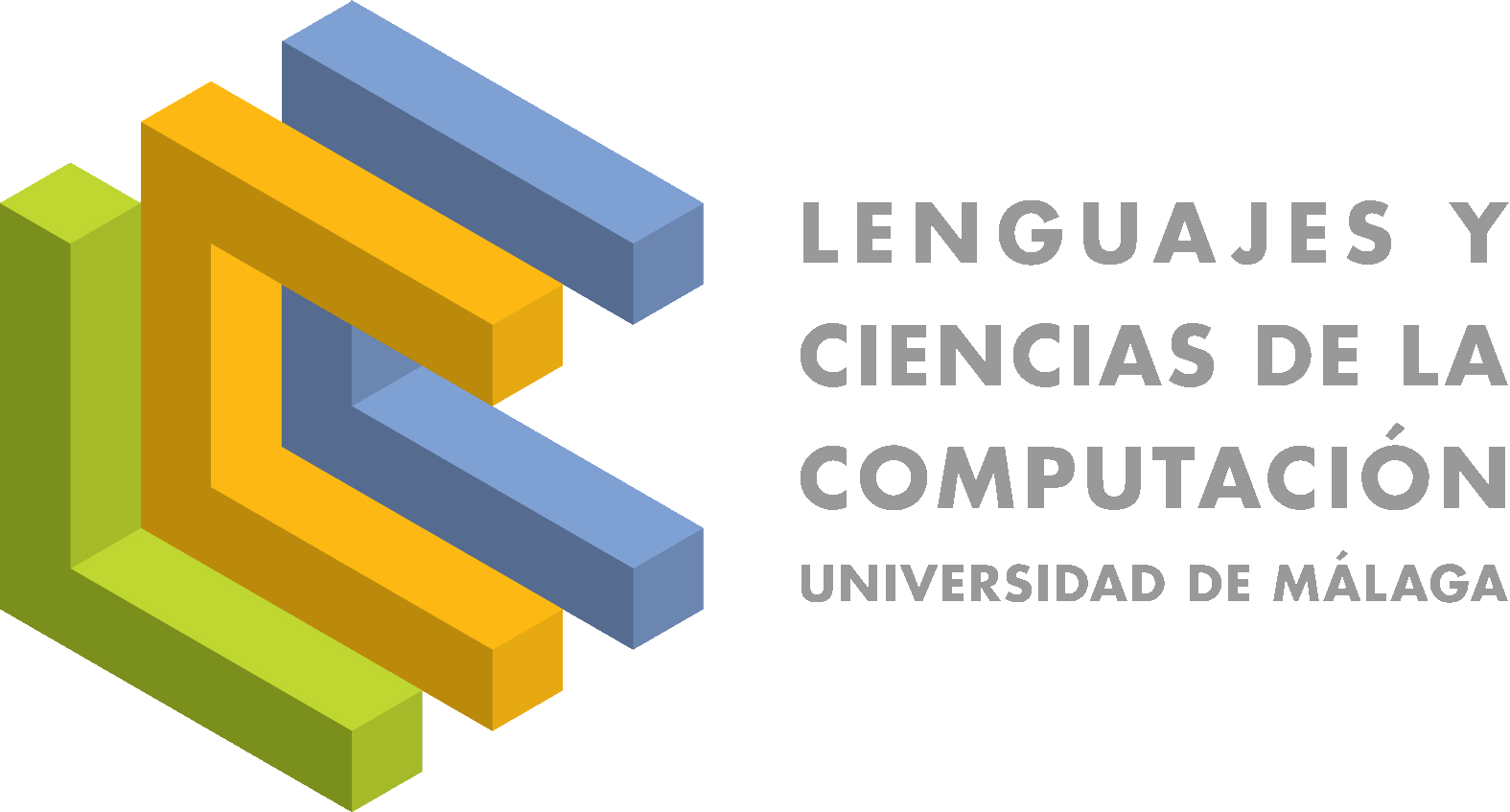Charla de Renato Tinós
Es catedrático en la Universidad de São Paulo (Brasil).
Categoría: I+D+i UMA
PONENTE: Dr. Renato Tinós, catedrático de la Universidad de São Paulo, Brasil.
FECHA: Miércoles, 26 de julio de 2023, 11:00
LUGAR: Presencial en el aula 3.3.1 y online en el enlace https://eu.bbcollab.com/guest/ab1c8776243d49c0b74c23ae34fb90e0.
TÍTULO: "Genetic Algorithm with Linkage Learning"
RESUMEN: Next-generation genetic algorithms (GAs) should explore information from the problem structure whenever possible. Variable interactions can be inferred using linkage learning. Statistical linkage learning techniques were shown to improve GAs’ effectiveness significantly in many problems, but may eventually report false linkages. On the other hand, empirical linkage learning (ELL) techniques discover only true variable dependencies. However, traditional ELL techniques are computationally expensive. We introduce the genetic algorithm with linkage learning (GAwLL), which discovers an empirical weighted variable interaction graph (VIGw) as a side-effect of the optimization performed by a GA, making it a no-cost ELL technique. Vertices of the VIGw represent decision variables and weights indicate the strength of the interaction between variables. The VIGw allows us to obtain new insights about the optimization problem and can be used to design genetic operators that efficiently explore the information about variable dependencies. Experiments with NK landscapes show that GAwLL is able to efficiently build the empirical VIGw. We also present an interesting machine learning application, where the VIGw represents a feature interaction network. By using GAwLL, the feature interaction network is built as a side-effect of evolutionary feature selection.
BIOGRAFÍA: Dr. Renato Tinós is Full Professor at the Department of Computing and Mathematics of University of São Paulo (USP) at Ribeirão Preto, Brazil. He graduated in Electrical Engineering from State University of São Paulo (UNESP), Brazil, in 1994, and received the M.Sc. and Ph.D. in Electrical Engineering from USP at São Carlos, Brazil, in 1999 and 2003, respectively. He is member of the editorial board of the Journal of the Brazilian Computer Society (Springer). He has published more than 100 papers on topics such as Evolutionary Algorithms, Robotics, and Artificial Neural Networks. His main research interests are on efficient recombination operators for optimization and in application of Evolutionary Algorithms and Artificial Neural Networks in Medicine.






